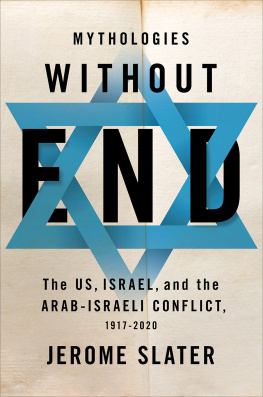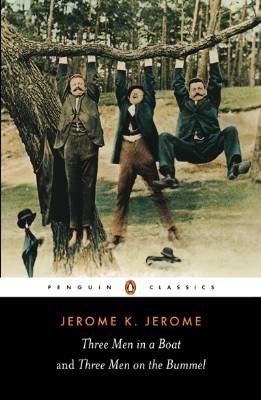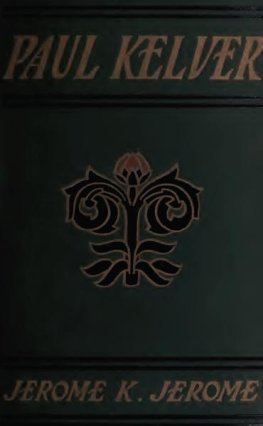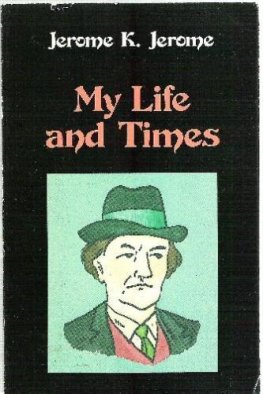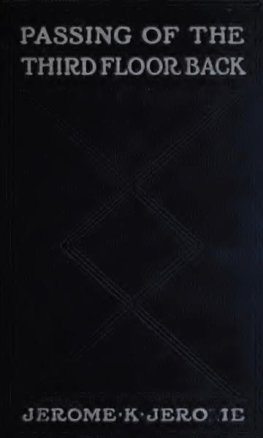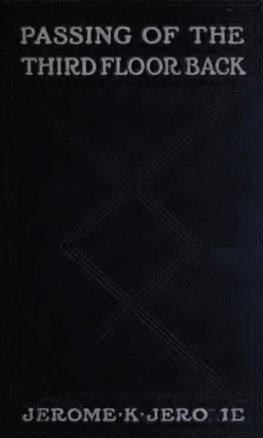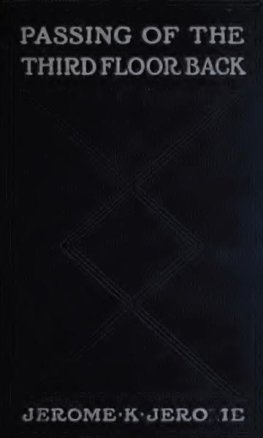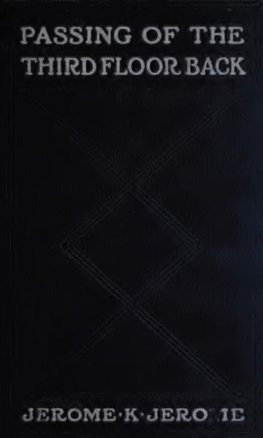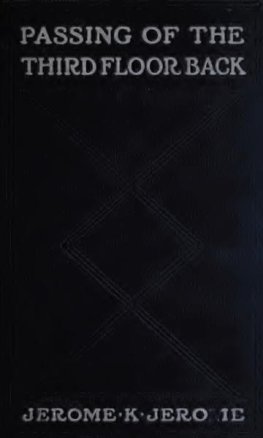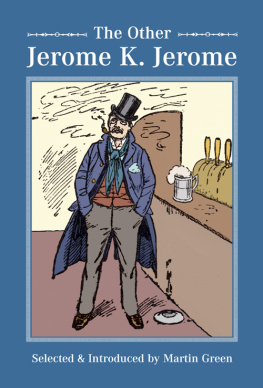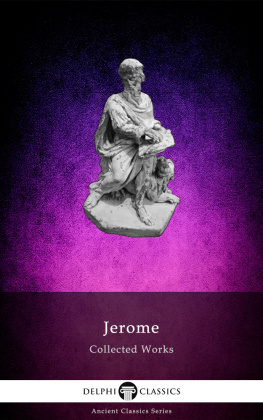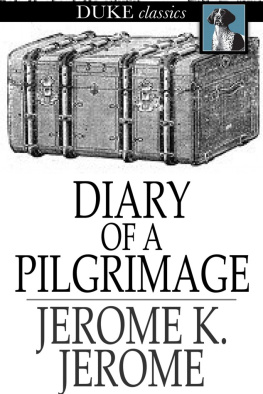Jerome Slater - Mythologies Without End
Here you can read online Jerome Slater - Mythologies Without End full text of the book (entire story) in english for free. Download pdf and epub, get meaning, cover and reviews about this ebook. year: 2020, publisher: Oxford University Press, genre: Politics. Description of the work, (preface) as well as reviews are available. Best literature library LitArk.com created for fans of good reading and offers a wide selection of genres:
Romance novel
Science fiction
Adventure
Detective
Science
History
Home and family
Prose
Art
Politics
Computer
Non-fiction
Religion
Business
Children
Humor
Choose a favorite category and find really read worthwhile books. Enjoy immersion in the world of imagination, feel the emotions of the characters or learn something new for yourself, make an fascinating discovery.
- Book:Mythologies Without End
- Author:
- Publisher:Oxford University Press
- Genre:
- Year:2020
- Rating:3 / 5
- Favourites:Add to favourites
- Your mark:
- 60
- 1
- 2
- 3
- 4
- 5
Mythologies Without End: summary, description and annotation
We offer to read an annotation, description, summary or preface (depends on what the author of the book "Mythologies Without End" wrote himself). If you haven't found the necessary information about the book — write in the comments, we will try to find it.
Mythologies Without End — read online for free the complete book (whole text) full work
Below is the text of the book, divided by pages. System saving the place of the last page read, allows you to conveniently read the book "Mythologies Without End" online for free, without having to search again every time where you left off. Put a bookmark, and you can go to the page where you finished reading at any time.
Font size:
Interval:
Bookmark:


Oxford University Press is a department of the University of Oxford. It furthers the Universitys objective of excellence in research, scholarship, and education by publishing worldwide. Oxford is a registered trade mark of Oxford University Press in the UK and certain other countries.
Published in the United States of America by Oxford University Press
198 Madison Avenue, New York, NY 10016, United States of America.
Oxford University Press 2021
All rights reserved. No part of this publication may be reproduced, stored in a retrieval system, or transmitted, in any form or by any means, without the prior permission in writing of Oxford University Press, or as expressly permitted by law, by license, or under terms agreed with the appropriate reproduction rights organization. Inquiries concerning reproduction outside the scope of the above should be sent to the Rights Department, Oxford University Press, at the address above.
You must not circulate this work in any other form and you must impose this same condition on any acquirer.
Library of Congress Cataloging-in-Publication Data
Names: Slater, Jerome, author.
Title: Mythologies without end : the US, Israel, and the Arab-Israeli conflict, 19172020 / Jerome Slater.
Description: New York, NY : Oxford University Press, 2021. | Includes bibliographical references.
Identifiers: LCCN 2020017142 (print) | LCCN 2020017143 (ebook) | ISBN 9780190459086 (hardback) |
ISBN 9780190459109 (epub) | ISBN 9780190074609
Subjects: LCSH: Arab-Israeli conflictHistory. | Jewish-Arab relationsHistory. |
IsraelForeign relationsUnited States. | United StatesForeign relationsIsrael. |
PalestineForeign relationsUnited States. | United StatesForeign relationsPalestine. |
ZionismPolitical aspects.
Classification: LCC DS119.76 .S785437 2021 (print) | LCC DS119.76 (ebook) |
DDC 956.04dc23
LC record available at https://lccn.loc.gov/2020017142
LC ebook record available at https://lccn.loc.gov/2020017143
This work grows out of studying, teaching, and writing about US policy, Israel, and the Arab-Israeli conflict for the past fifty years; as well, I was a Fulbright lecturer at Haifa University in 1989 and have visited and lectured in Israel on several other occasions. As a result of my articles in professional journals and generalinterest magazines, as well as my blog on the United States and Israel, over the years a number of scholars, journalists, and diplomats have commented on my work; these include Benjamin Beit-Hallahmi, David Bromwich, Helena Cobban, Noam Chomsky, Larry Derfner, Michael Desch, Chas Freeman, Jeremiah Haber, John Judis, Menachem Klein, Jim Lobe, Scott McConnell, John Mearsheimer, Terry Nardin, the late Peter Novick, William Quandt, Cheryl Rubenberg, Stephen Shalom, Henry Siegman, Jordan Michael Smith, Stephen Van Evera, Stephen Walt, Phil Weiss, Alan Wolfe, and David Zweifel.
I am especially indebted to John Mearsheimer, Stephen Walt, and David Hendrickson, who have supported my work for many years; in particular, Mearsheimer urged David McBride, the Social Sciences Editor at Oxford University Press, to invite me to write this book.
A large debt of gratitude is owed to the two outside reviewers of the manuscript, Ilan Papp and Paul Pillar, whose comments and recommendations were invaluable. As well, three others read and extensively commented on the entire manuscript, to my great benefit: David Hendrickson, Jane Nardin, and my wife, Judith Slater, the latter two themselves scholars and writers (English literature), who made hundreds of invaluable suggestions.
I am also indebted to the following friends who read and commented on one or more of the chapters: Carl Dennis, William Hauser, the late George Hochfield, Ed Katkin, Anne Shapiro, Jim Smith, and David Tarbet.
Finally, this book could not have been writtenliterallybut for the ongoing rescue work of my brilliant computer specialist, Rob Dege, who tutored me and solved all the (seemingly endless) computer and word processing problems that arose in the course of the five years I have been working on this book.
Like almost all Jews of my generation, coming of age in America in the 1940s, immediately after the Holocaust and with anti-Semitism still alive in this country, I thought of myself as a passionate Zionist and rejoiced over the establishment of the state of Israel and its 1948 and 1967 victories over its Arab enemies.
From 1957 to 1960 I served as the anti-submarine warfare officer on a US destroyer. Some years later, after Egypt acquired four submarines from the Soviet Union, I wrote to the Israeli embassy in the United States and offered to serve as an ASW officer on an Israeli destroyer if a new war with Egypt were to break out before the Israelis could train their own people.
My offer was politely declined, and in any case I changed my mind when it became apparent that soon after the 1967 war, Gamal Abdel Nasser, and then his successor Anwar Sadat, were seeking to end the Arab-Israeli conflict, but were being stonewalled by the Israeli government of Golda Meir. I considered writing to Meir to say that if Israel blundered into an unnecessary war with Egyptwhich, of course, in 1973 it didshe should consider my offer as canceled.
For the past fifty years I have been studying, teaching, and writing about Israel and the Arab-Israeli conflict, and have many close connections in that country. Ive been there many times, served as a Fulbright lecturer at Haifa University in 1989, and given lectures at other Israeli universities. I continue to have many dear Israeli friends. During this time Ive become convinced that Israelwith essentially blind US Jewish and government supportis well along the road to both a moral and security disaster. The first step Israel must take to prevent matters from getting even worse is to come to terms with the historical truth. Doing so may even be the sine qua non to providing justice to the Palestinians, to save itself as an enlightened democracy, and perhaps even literally save itself from an attack by fanatical Arab terrorists who have somehow acquired nuclear or other weapons of mass destruction.
The prospects today for a just peace, it must be said, have never been so dim. What then is the purpose of this book? Or even for completely secular Jews, like me, what is the point of thinking of ourselves as part of the Jewish people if we fail to align ourselves with the best values of Western civilization, to which Judaism has made a fundamental contribution? There was a time when it was widely acceptedand not just by Jewsthat the Jewish culture and tradition were particularly committed to reason, truth, and justice. Consequently, when Israel was founded, and vowed to be a light unto the nations, the belief was widespread that it might actually fulfill this promise, or at least try to. Today that seems quaint, if not downright preposterousbut it wasnt always so.
I write now in the hope that an effort at honesty and accuracy might perform some service. I feel something of a personal responsibility: these are, in some sense, my people. Their mythologies have blinded them to the true history of the Israeli-Palestinian conflict, and in their oppression of the Palestinian people they have abandoned enlightened Jewish traditions, which in my (secular) view constitute the best reasons for Judaism to have survived for twenty-five centuries. One can only hope that correcting the historical record can make a contribution to justice as well as truth.
Font size:
Interval:
Bookmark:
Similar books «Mythologies Without End»
Look at similar books to Mythologies Without End. We have selected literature similar in name and meaning in the hope of providing readers with more options to find new, interesting, not yet read works.
Discussion, reviews of the book Mythologies Without End and just readers' own opinions. Leave your comments, write what you think about the work, its meaning or the main characters. Specify what exactly you liked and what you didn't like, and why you think so.

